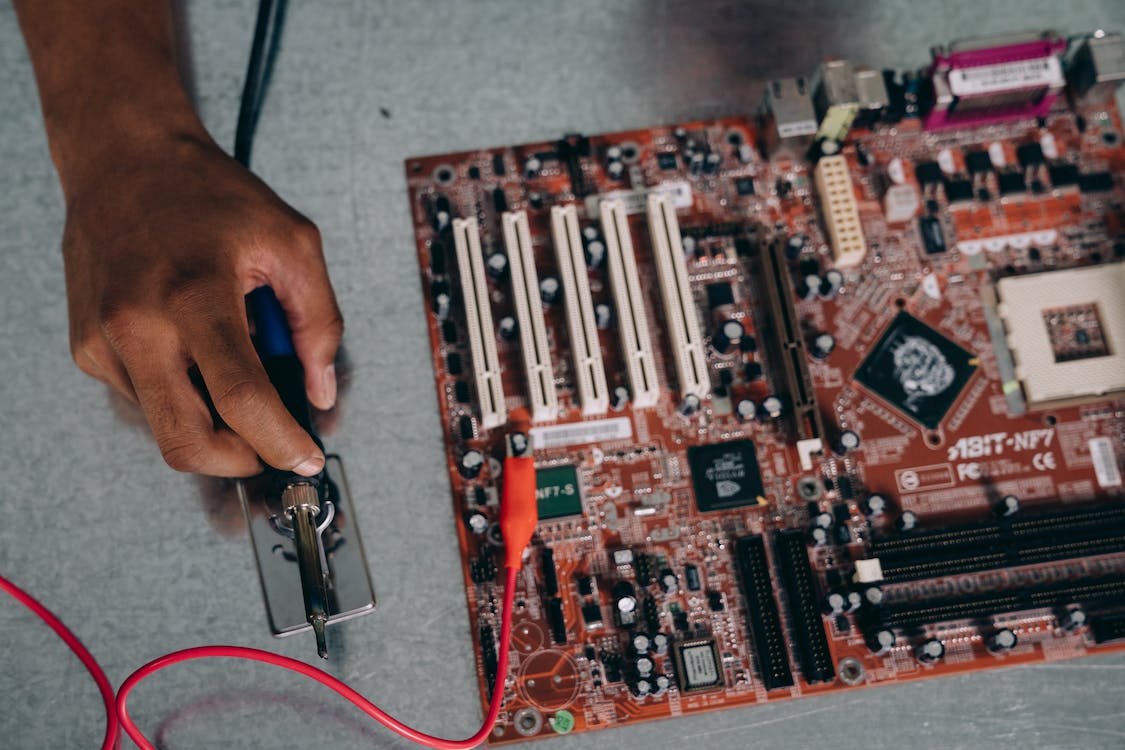The rise of artificial general intelligence (AGI) has sparked both excitement and fear among workers and experts alike. While AGI has the potential to revolutionize our world and free us from mundane tasks, it also has the potential to lead to job displacement and social issues.
So, what jobs and industries are at risk of being taken over by AI? The truth is that almost every job has the potential to be impacted by the rise of AGI. However, some industries are particularly vulnerable to automation, including transportation and logistics, manufacturing, and customer service.
Transportation and logistics is one of the industries that is most likely to be impacted by AGI. Self-driving cars and drones are already being developed and tested, and they have the potential to replace human drivers and delivery workers. While this could lead to increased efficiency and reduced costs for companies, it could also lead to significant job displacement.
Similarly, the manufacturing industry is already using automation to streamline production and reduce costs. AGI could take this automation to the next level, with robots and machines performing tasks that previously required human workers. Again, this could lead to increased efficiency and reduced costs, but it could also lead to job displacement.
The customer service industry is another sector that is vulnerable to AI disruption. Chatbots and virtual assistants are already being used to handle customer inquiries and support, and they have the potential to replace human customer service representatives. While this could lead to faster response times and improved customer satisfaction, it could also lead to job loss.
Siqi Chen, chief executive of San Francisco startup Runway, believes that the rise of AGI will bring about changes that are “orders of magnitude greater than every other technological change we’ve ever had in history.” He says, “But what we’re looking at now is intelligence itself… This is the first time we’re able to create intelligence itself and increase its amount in the universe.” Chen warns that while AGI could be a tool for tackling social and environmental issues, it is also a “double-edged sword” that must be as “steerable as possible.”
who will ai replace last?
— Siqi Chen (@blader) March 18, 2023
However, it’s not all doom and gloom. While some jobs may be displaced by AGI, new jobs will likely be created as well. Experts predict that there will be an increased demand for workers with technical skills, including data analysts, programmers, and software developers. Additionally, jobs that require social and emotional intelligence, such as healthcare providers and teachers, are less likely to be impacted by automation.
Ultimately, the impact of AGI on the workforce will depend on how it is implemented and how society chooses to respond. Some experts advocate for a Universal Basic Income to provide a safety net for workers who are displaced by automation, while others argue that it’s important to focus on upskilling and retraining workers to prepare them for the jobs of the future.
Regardless of how society responds, it’s clear that the rise of AGI will bring about significant changes to the world of work. It’s up to us to ensure that those changes are positive and equitable for everyone.


